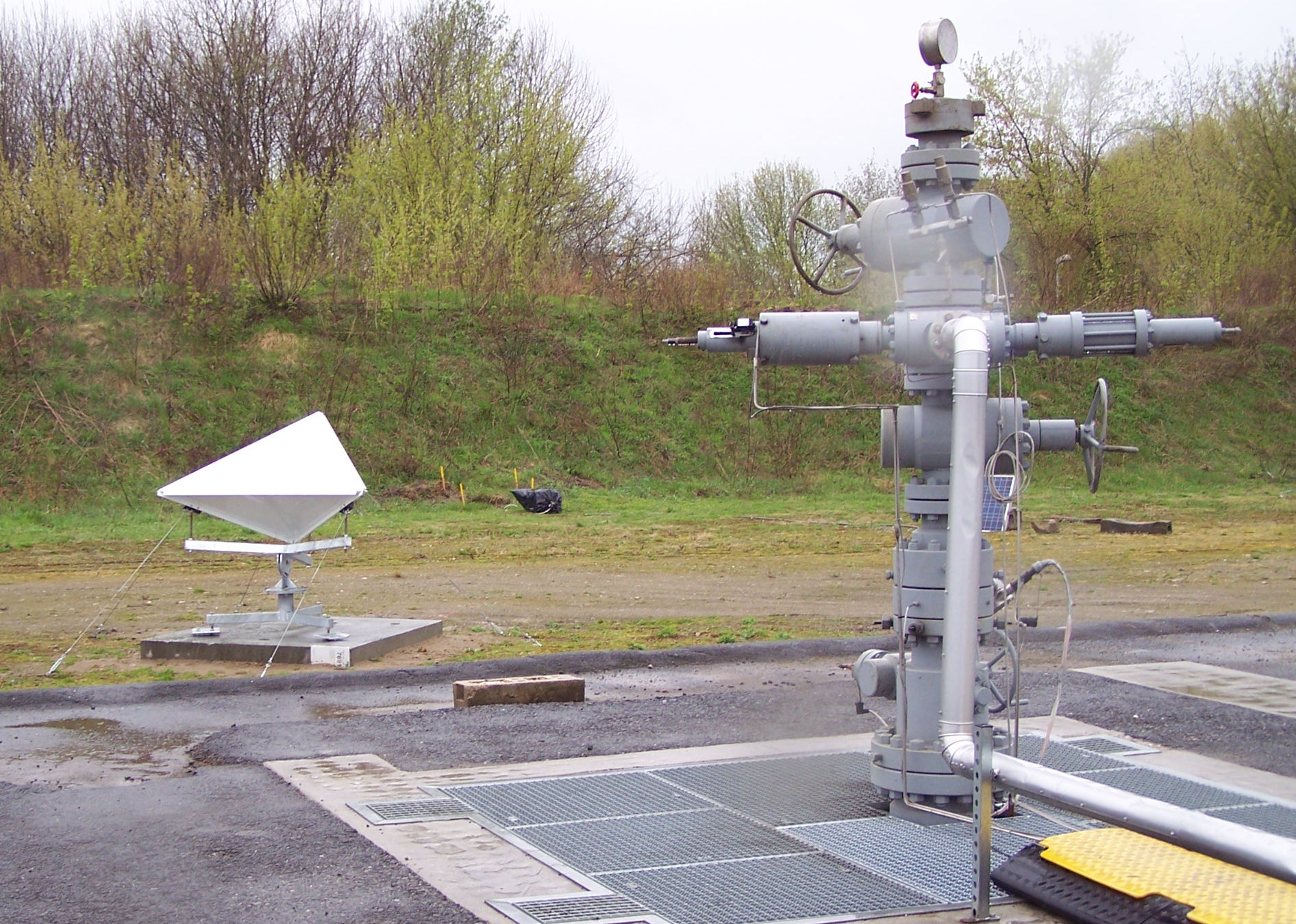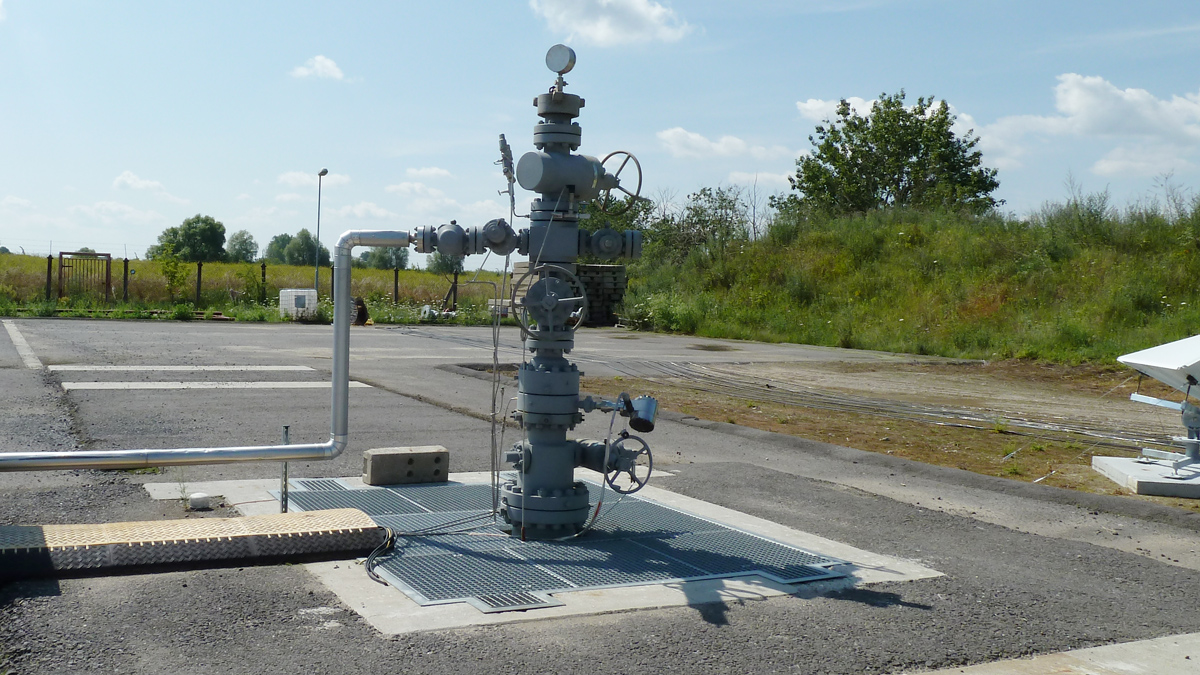Geological CO2 Storage and Other Emerging Subsurface Activities
In the course of climate change mitigation and limitation of natural resources an increasing interest in different subsurface activities has been observed in Europe, such as carbon capture and storage (CCS), geothermal energy production / storage and unconventional gas exploration (“hydro-fracking”). All these activities have in common that they impact parts of the subsurface and may thus potentially have an effect on fresh water aquifers, which act as drinking water resource for a majority of the European population (75 %).
The proposed first phase of the project “CCS” aims at supporting operators in identifying theoretical and realistic impacts arising from emerging subsurface activities (CCS, geothermal storage / energy production and unconventional gas exploration). The results should enable water suppliers to determine which risks may arise for drinking water production and how they compare to other, existing risks.
This will be done by compiling and evaluating scientific and technical literature, by developing an approach for quantifying risks from subsurface activities and merging experience from research on CCS operation (by VERI and GFZ Potsdam) with water suppliers’ experience (BWB, FUB).
Theoretical knowledge will be combined with practical experience, taking North-Eastern German sedimentary basin as a case study, where deep saline aquifers are being used for gas storage purposes and represent potential carbon dioxide storage formations.
© Header photo: Deutsches GeoForschungsZentrum – GFZ
Block error: "Call to a member function resize() on null" in block type: "references"

- Geological CO2 Storage and other subsurface emerging activities: Catalogue of potential impacts on drinking water production
- Report on risk analysis, best practices and lessons learned from existing geothermal projects in Germany
- Geogenic groundwater contamination – Definition, occurrence and relevance for drinking water production
- Geological CO2 storage and shale gas exploitation: Monitoring methods to be used for at the different project phases
- Hydrogeological and static structural geological model implementation - Technical report -



